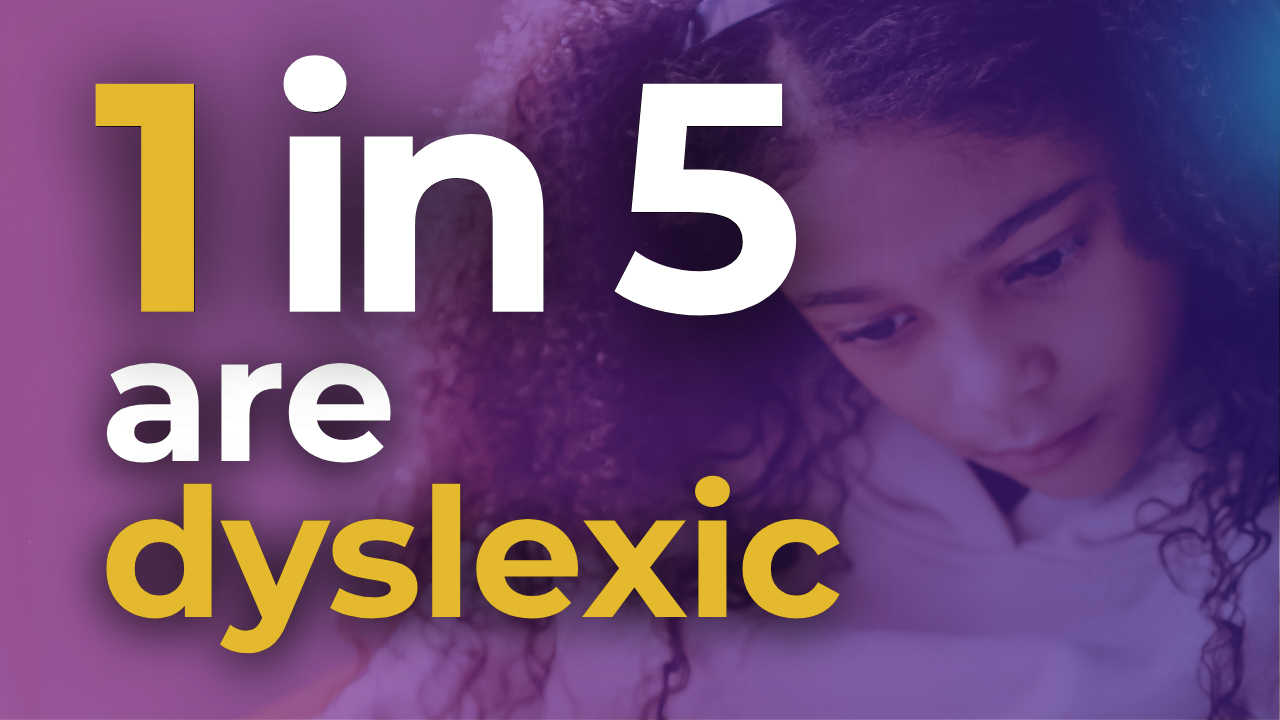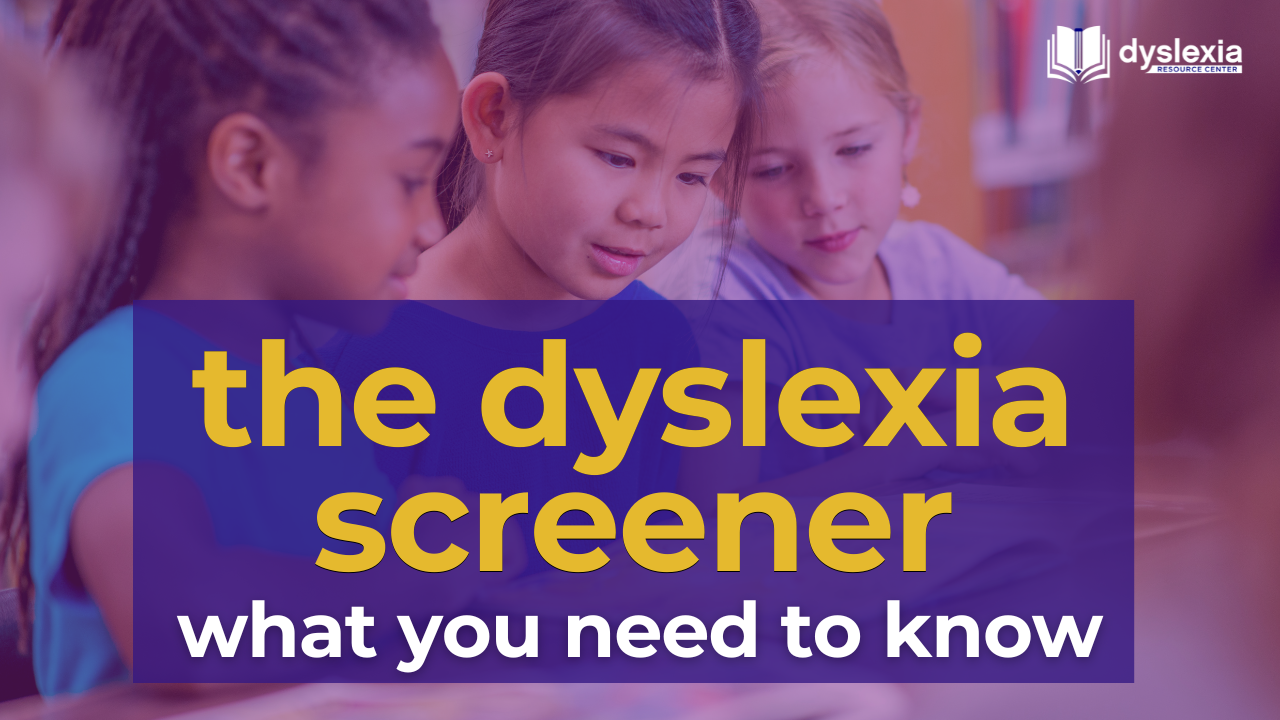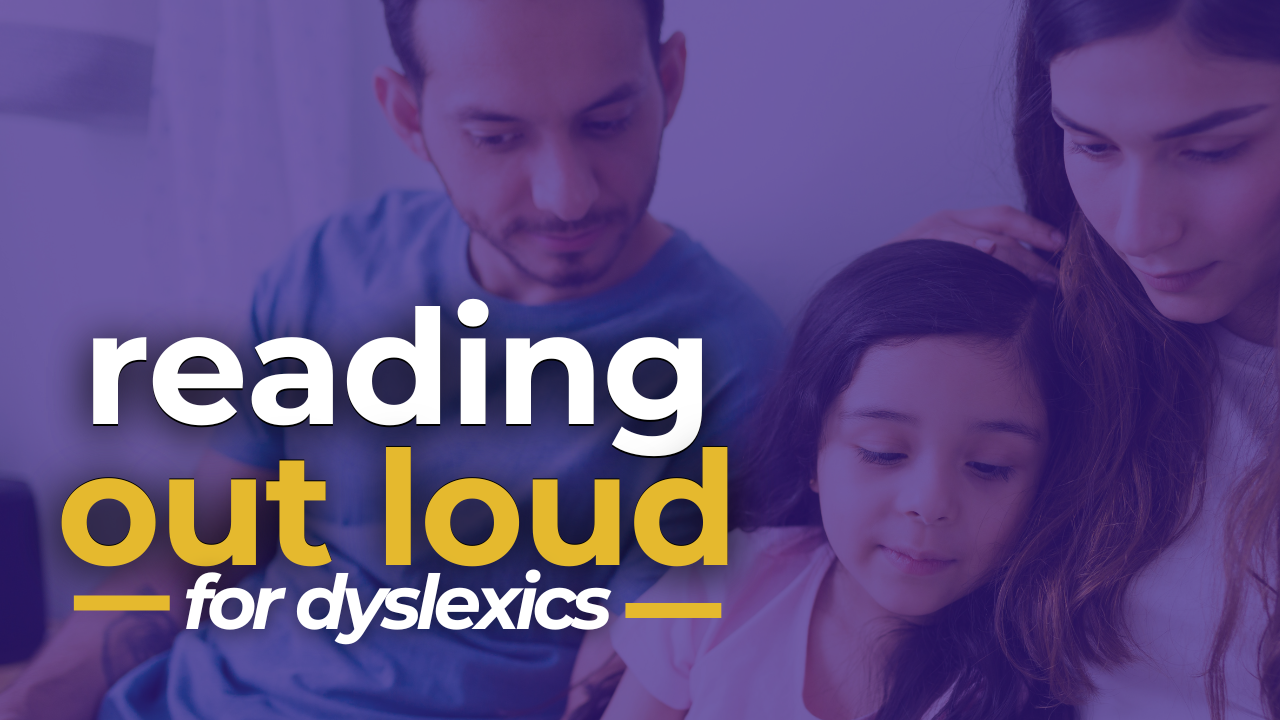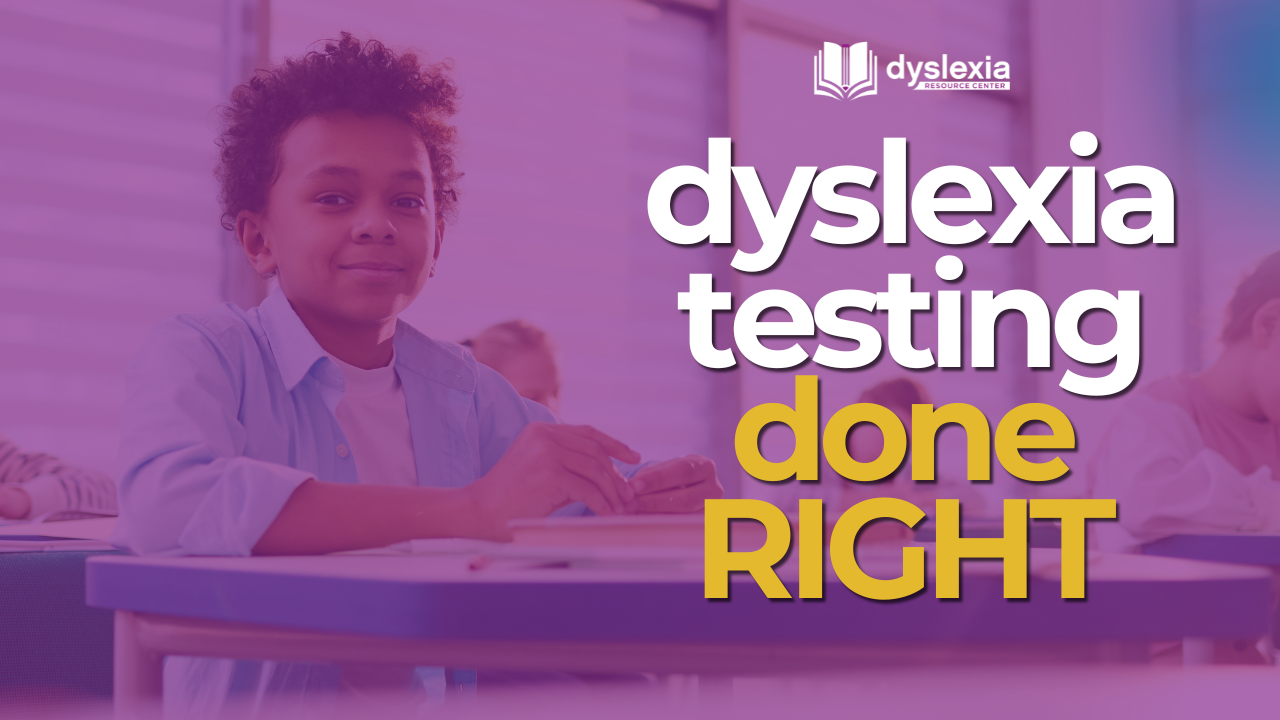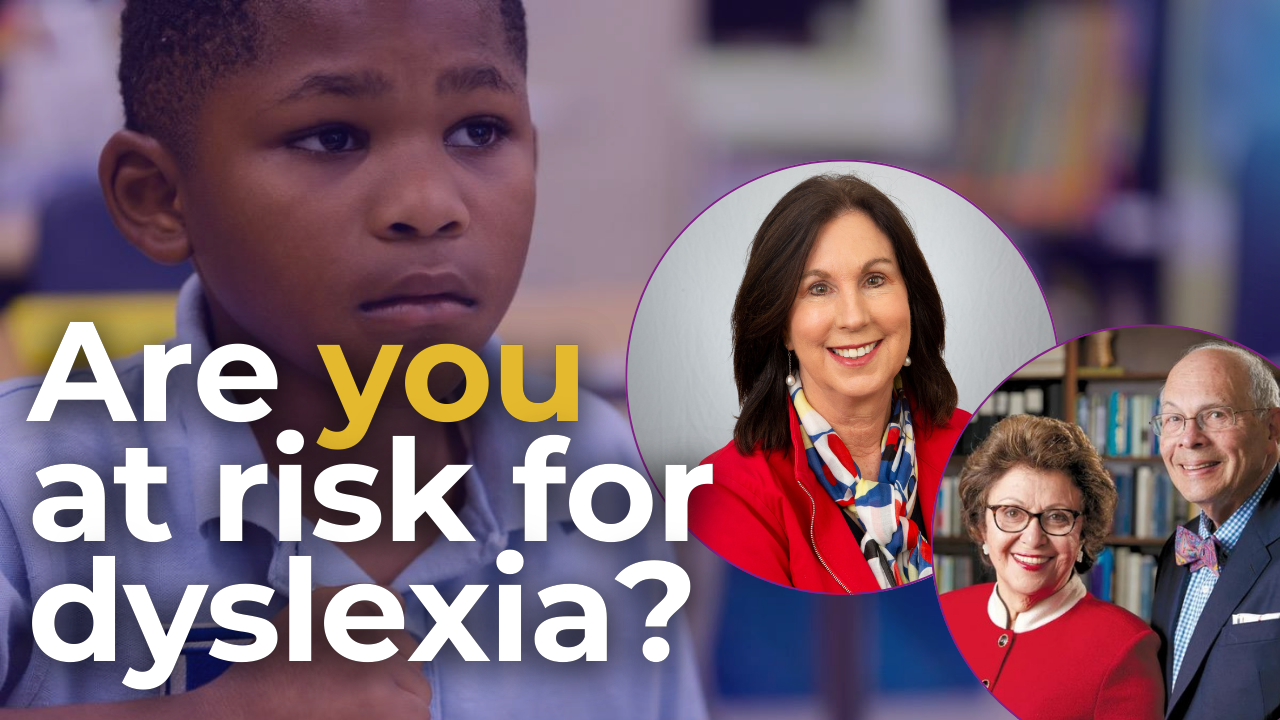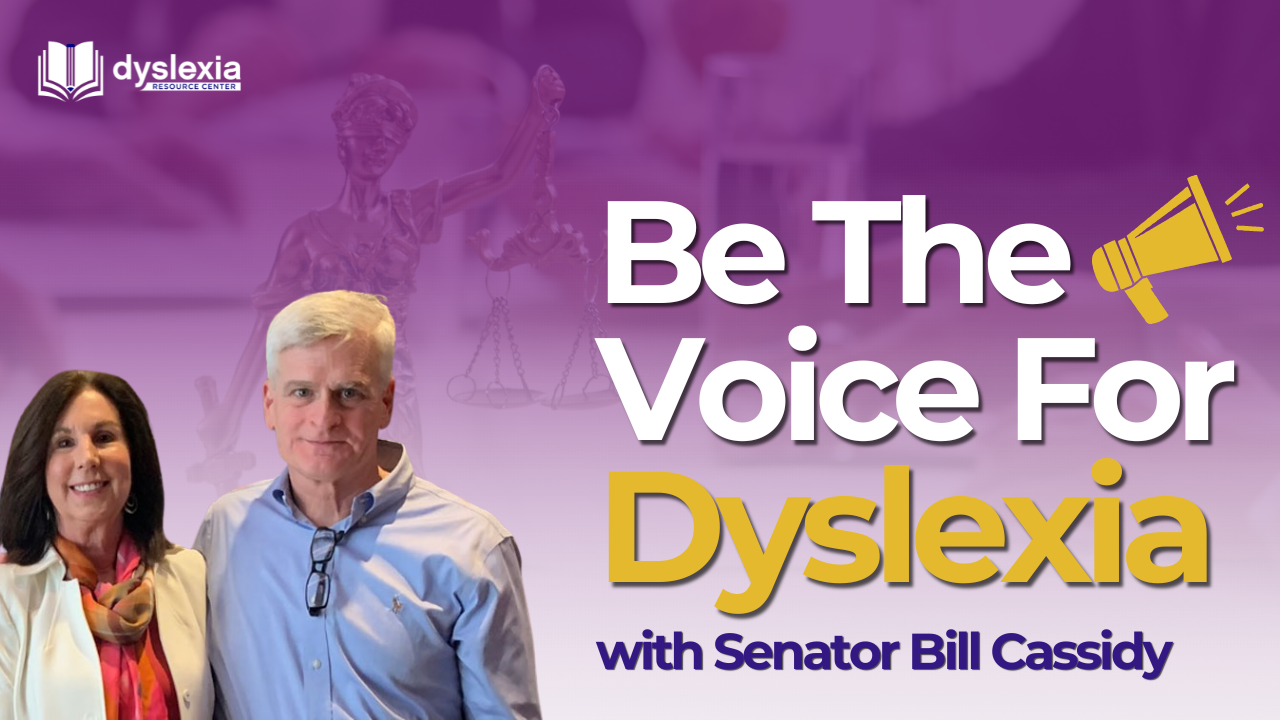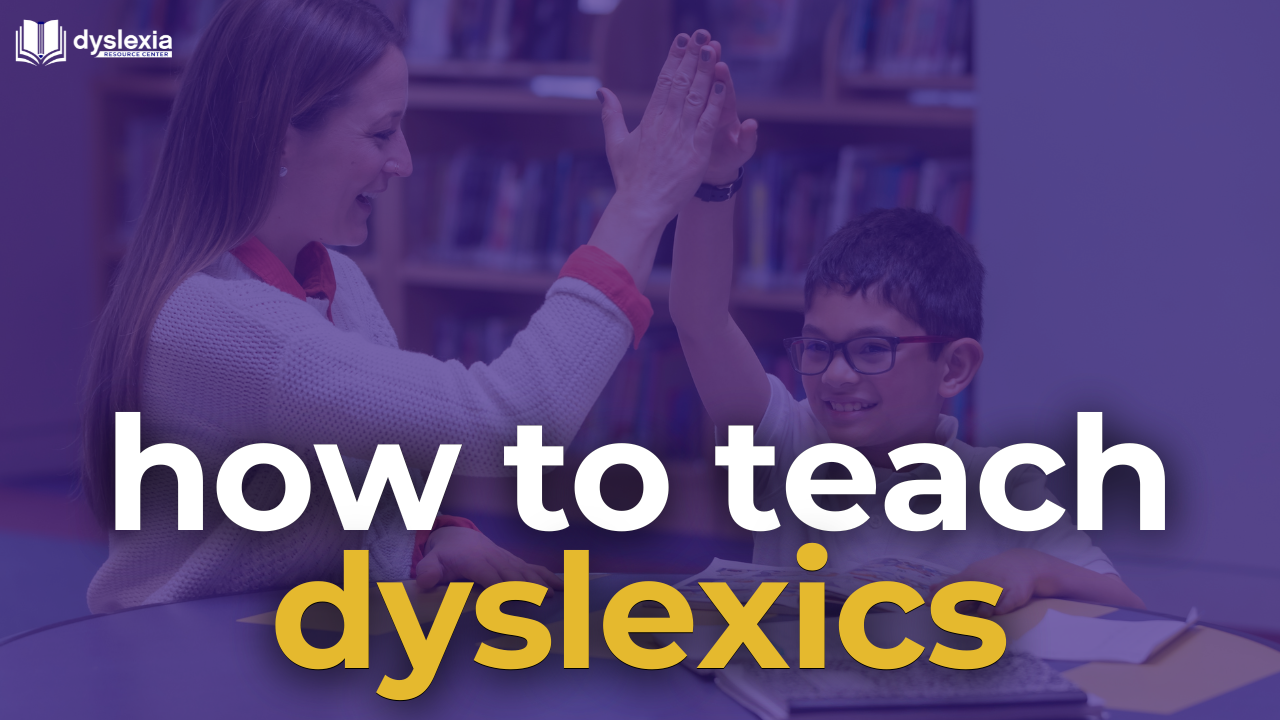Dyslexia Screening and Diagnosis: What To Expect
The Importance of Screening and Early Detection
Screening for dyslexia is a crucial step in identifying individuals at risk and providing them with appropriate support. It is a process that assesses the risk of dyslexia in a large group, such as a classroom, without making a formal diagnosis. The goal is to identify those who may benefit from further testing and intervention.
Just like mammography for breast cancer screening, dyslexia screening aims to catch potential issues early on. For women over 50, mammograms are recommended to detect any signs of breast cancer because the outcomes can be severe, even fatal. Similarly, dyslexia screening in kindergarten can help identify children who may be at risk for dyslexia and provide them with the necessary support.

The Shaywitz Screener
The recommended dyslexia screener for schools is the Shaywitz Dyslexia Screen published by Pearson. This screener specifically targets dyslexia and provides valuable information to parents about their child's risk for dyslexia. If your child's school does not conduct dyslexia screening, it's important to consider having them tested if they are struggling academically.
The Dyslexia Testing Process
Dyslexia testing involves a comprehensive evaluation that goes beyond simple assessments. It includes testing the child's IQ, phonemic awareness (matching written and spoken words), reading fluency, ability to read single words, and conversations with both the child and parents about their academic history. This thorough evaluation helps confirm whether a child is dyslexic or not.

What to Expect with Dyslexia Testing and Diagnosis
If a student is found to be dyslexic through testing and interviews in first grade, it is crucial to provide them with a structured, evidence-based curriculum specifically designed for dyslexic students. Research has shown that addressing the academic gap in first grade is essential because if left unaddressed, this gap tends to widen over time (E. Ferrer et al., The Journal of Pediatrics, 2015).
Moreover, it is equally important for the child to understand their struggles and have a name for it, dyslexia. This knowledge helps them develop self-awareness and self-advocacy skills, preserving their self-esteem and empowering them to seek the support they need.
Understanding dyslexia is essential for both parents and children. Dyslexia, as defined by federal and Louisiana state law, is
"an unexpected difficulty in reading for an individual who has the intelligence to be much better readers. It is most commonly caused by a difficulty in phonological processing, which is the appreciation of the individual sounds of spoken language, which affects the ability of an individual to speak, read, and spell."

It's important to note that dyslexia has nothing to do with intelligence. A dyslexic student or adult reads from the right side of the brain rather than the left, which is not as efficient for reading. Therefore, learning to read and write requires different strategies and may always require more effort compared to traditional readers.
While dyslexia poses challenges in reading and writing, dyslexic individuals often exhibit strengths in reasoning, creativity, and critical thinking. It's crucial to foster these skills both at home and in school.
Early screening and testing for dyslexia should ideally be done as early as possible. However, testing for adults is also available. Discovering the underlying cause of one's struggles can help pave the way for appropriate support and success.
Conclusion
In conclusion, dyslexia screening and testing plays a vital role in identifying individuals at risk for dyslexia. It helps initiate necessary interventions early on, ensuring that students receive the support they need to overcome challenges and thrive academically. Understanding dyslexia empowers both parents and children to navigate this journey with knowledge, resources, and resilience.
By recognizing the signs, seeking professional evaluations, and embracing the unique strengths of dyslexic individuals, we can foster an inclusive society where everyone has equal opportunities to learn and succeed.
